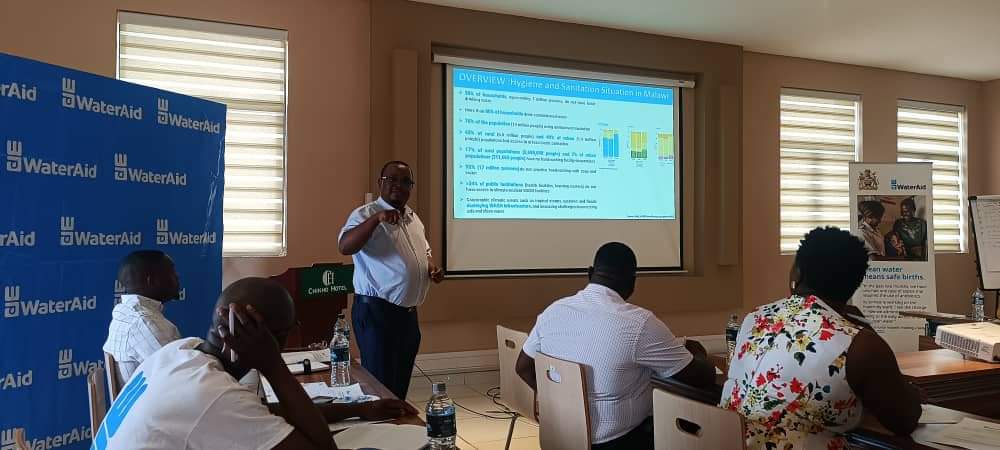By Burnett Munthali
In a startling revelation, Water Aid has disclosed that approximately 7 million Malawians lack access to basic drinking water. This alarming statistic was shared by Chandiwira Chisi, the Head of Policy and Advocacy at Water Aid, during a recent Water and Sanitation Reporting Workshop.
Chisi highlighted that these figures stem from a Joint Monitoring Programme (JMP) conducted in collaboration with UNICEF, which aims to assess global water, sanitation, and hygiene (WASH) services. The findings underscore a severe water crisis in Malawi, where more than 80 percent of households rely on contaminated water sources, significantly increasing the risk of waterborne diseases and public health challenges.
The lack of access to safe drinking water is not only a humanitarian issue but also a barrier to economic development and social well-being. Contaminated water can lead to a range of health issues, including cholera, dysentery, and other diseases that disproportionately affect vulnerable populations, particularly children and the elderly.
Chisi emphasized the urgent need for comprehensive strategies to improve water supply and sanitation services in the country. He called for increased investment in infrastructure, community awareness programs, and the engagement of local authorities to ensure that all Malawians have access to clean and safe drinking water.
“Access to clean water is a fundamental human right. Without it, we cannot expect communities to thrive or develop sustainably. It is essential that we work collectively—government, NGOs, and communities—to address this critical issue,” Chisi urged.
The workshop provided a platform for stakeholders to discuss the implications of the water crisis and explore collaborative solutions. Experts highlighted the importance of integrating water and sanitation policies into national development plans to create a sustainable future for all Malawians.
As the country grapples with these challenges, the need for immediate action is clear. Addressing the water crisis in Malawi is not only vital for health but also crucial for achieving broader development goals, including poverty alleviation and economic growth.




